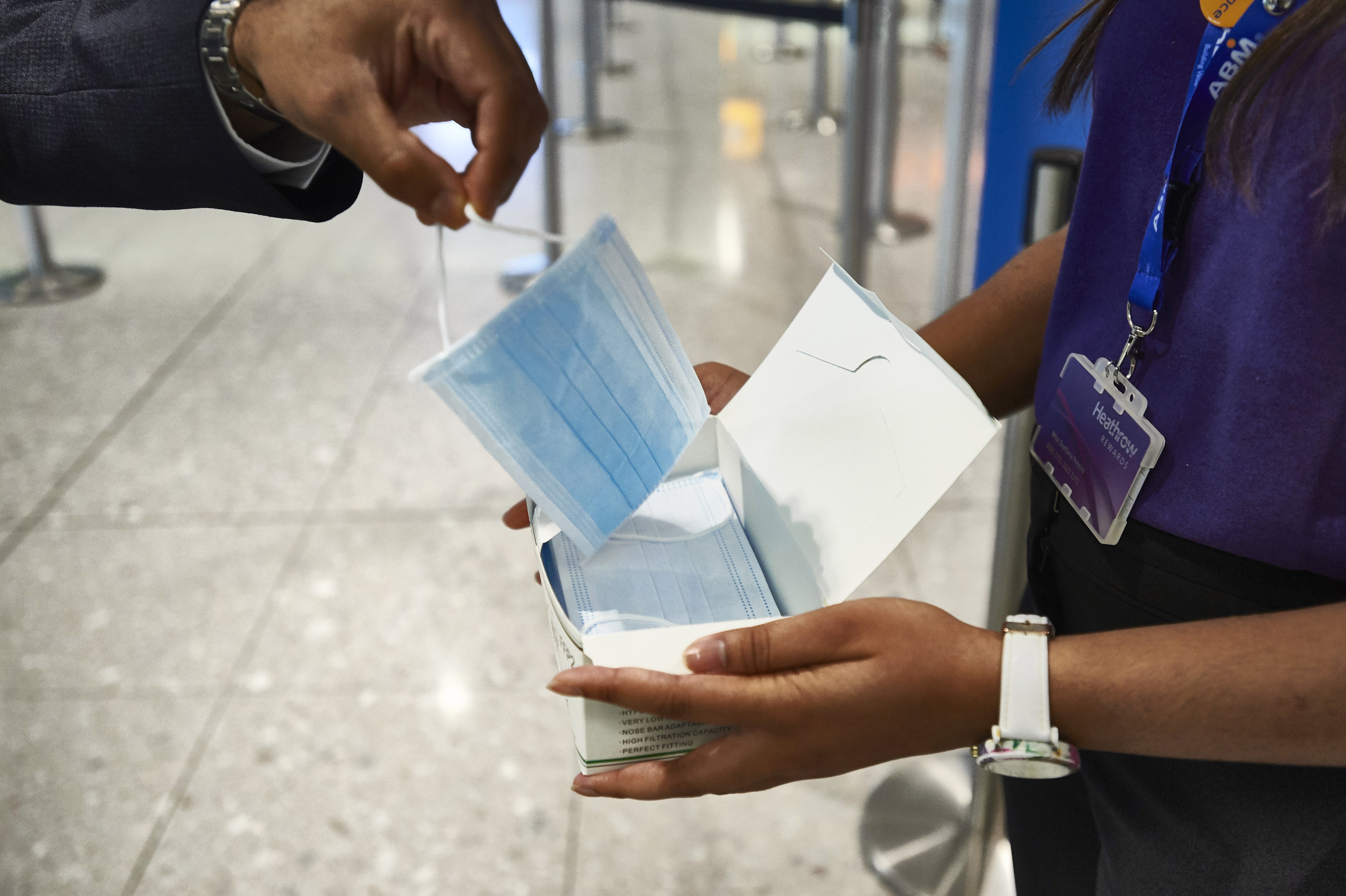Quick antigen tests have been found to be more cost effective and efficient for the restart of air travel
The International Air Transport Association (IATA) has advised governments to adopt the regular usage of rapid antigen tests, in light of new research published by OXERA and Edge Health.
The report – which was commissioned by IATA – found that antigen tests are accurate, producing comparable results to their PCR counterparts. They also found that the kits are more convenient, with processing times being 100 times faster than the PCR alternative. Antigen scans are also incredibly cost effective, being around 60% cheaper than PCR.

Alexandre de Juniac, IATA’s director general and CEO, believes that along with vaccines, “testing will play a critical role in giving governments the confidence to re-open their borders to travellers”.
COVID-19 testing requirements are currently disjointed internationally, creating lots of confusion amongst passengers. Many governments do not allow rapid testing and instead have implemented the use of PCR tests.
“The goal is to have a clear set of testing options that are medically effective, financially accessible, and practically available to all prospective travellers,” de Junaic added.
According to IATA, PCR tests are costly and inconvenient with some regions placing a limit on their testing capacity.
When the PCR tests are factored into the overall cost of a trip, it impacts it greatly, according to the report. An example given highlights a typical London to Frankfurt business trip, which would see an increase of 59% in cost when a PCR test is required. It was then found that the implementation of these particular tests would reduce demand for travel by 65%.
“When international travel reopens testing is likely to remain part of the strategy for controlling COVID,” said Michelle Granastein, partner at OXERA and head of its aviation practice. “The type of testing regime chosen will make the difference in how quickly the travel industry recovers. The choice of a rapid test would be a real boost to the global travel and international business community, and our research shows it can be as effective as other testing regimes and as effective as a ten-day quarantine.”
As PCR tests are sparce amongst places such as the UK, IATA believe it would be difficult to utilise this testing method permanently. It argues that adding antigen testing as another viable option would alleviate some of this pressure.

